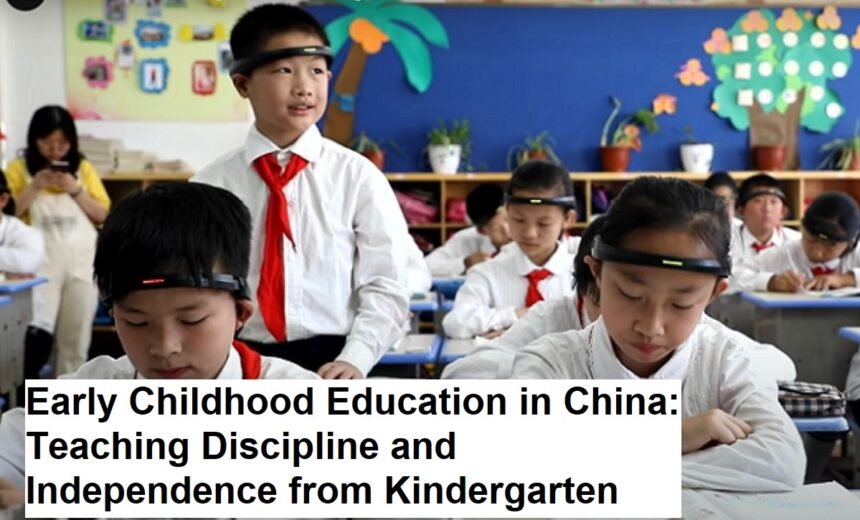In China, early childhood education places a strong emphasis on cultivating discipline and independence among young children starting from kindergarten. This approach reflects deep-rooted cultural values influenced by Confucian traditions, which prioritize order, respect, and self-regulation as foundational skills for lifelong learning and social harmony.
The Educational Philosophy
Chinese preschools and kindergartens integrate structured routines and clear behavioral expectations into daily activities. Children are taught to follow rules, respect authority figures such as teachers, and develop self-control. This early focus on discipline is seen as essential for preparing children to succeed in the highly competitive academic environment that awaits them in primary and secondary education.
At the same time, educators encourage children to become independent by fostering skills such as dressing themselves, managing personal belongings, and taking responsibility for their actions. This balance between discipline and autonomy aims to nurture well-rounded individuals capable of contributing positively to society.
Classroom Practices
Typical kindergarten classrooms in China feature group activities that promote cooperation and collective responsibility. Teachers guide children through routines like lining up quietly, sharing materials, and completing tasks without constant supervision. These practices help children internalize social norms and develop a sense of order.
Moreover, playtime is often structured to include both free play and teacher-led activities that reinforce discipline and problem-solving. For example, children might engage in role-playing games that teach social rules or participate in exercises that require patience and turn-taking.
Parental and Cultural Influences
Parents in China generally support the emphasis on discipline and independence in early education, viewing these traits as critical for their children’s future success. However, there is a nuanced difference between urban and rural areas, with families in more developed cities adopting a blend of traditional Chinese values and modern child-centered educational philosophies.
Research shows that higher socioeconomic status (SES) families tend to encourage more child-led play and autonomy, while lower SES families often adhere to more traditional, adult-directed approaches. Nonetheless, the overarching cultural expectation remains that children learn to be orderly and self-reliant from a young age.
Educational Reforms and Trends
In recent years, China has introduced reforms to incorporate more child-centered and play-based learning methods into early childhood education. These reforms aim to balance the traditional focus on discipline with the benefits of creativity, exploration, and emotional development.
Despite these changes, discipline and independence continue to be core components of the curriculum, reflecting the country’s commitment to maintaining social cohesion and academic excellence.
Outcomes and Benefits
The early emphasis on discipline and independence has been linked to positive outcomes such as better classroom behavior, higher academic achievement, and stronger social skills. Children who learn to regulate their behavior and take initiative tend to adapt more easily to school environments and develop confidence in their abilities.
In summary, early childhood education in China starts from kindergarten with a strong focus on teaching children discipline and independence. This approach combines traditional cultural values with modern educational practices to prepare children for future academic and social success.









